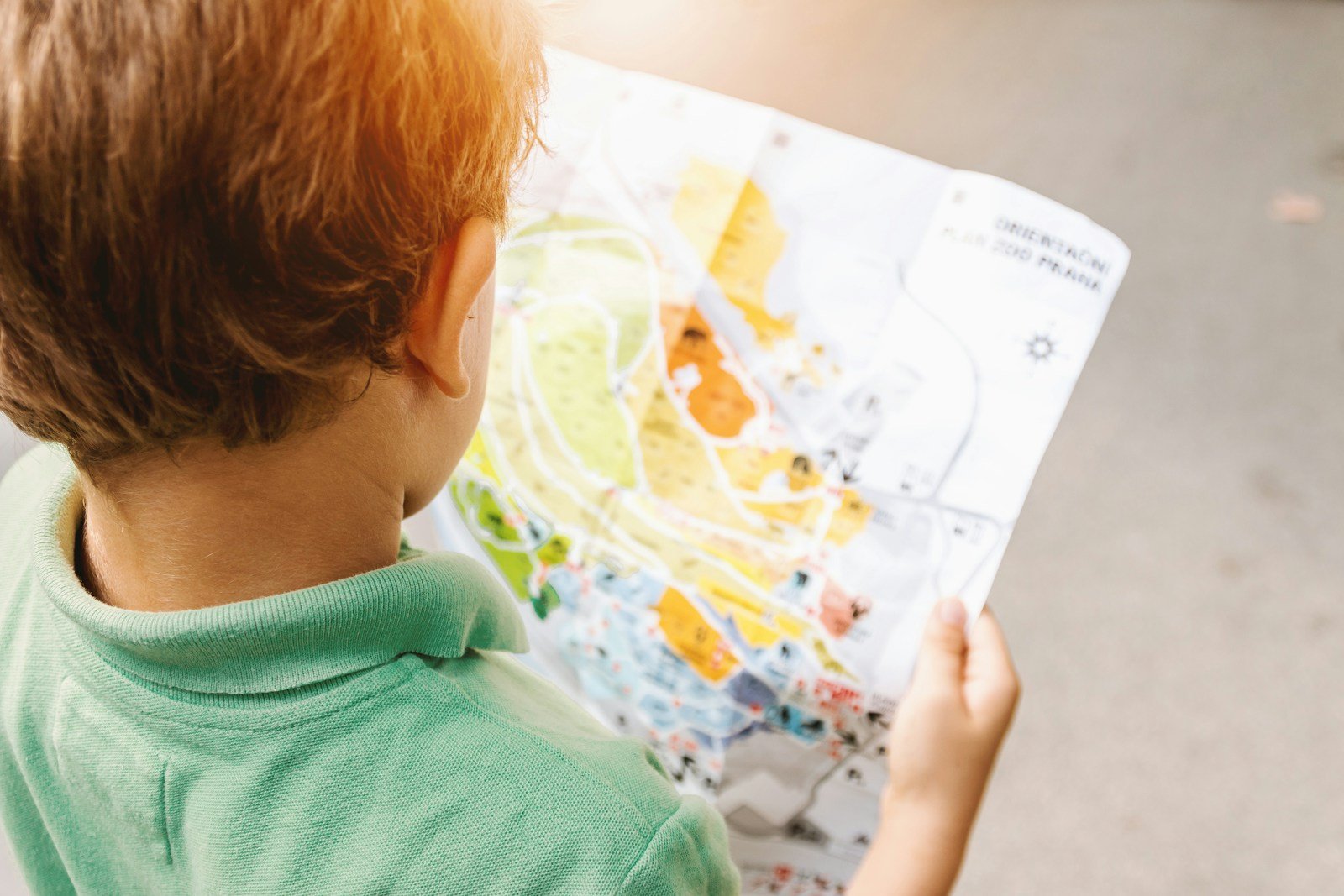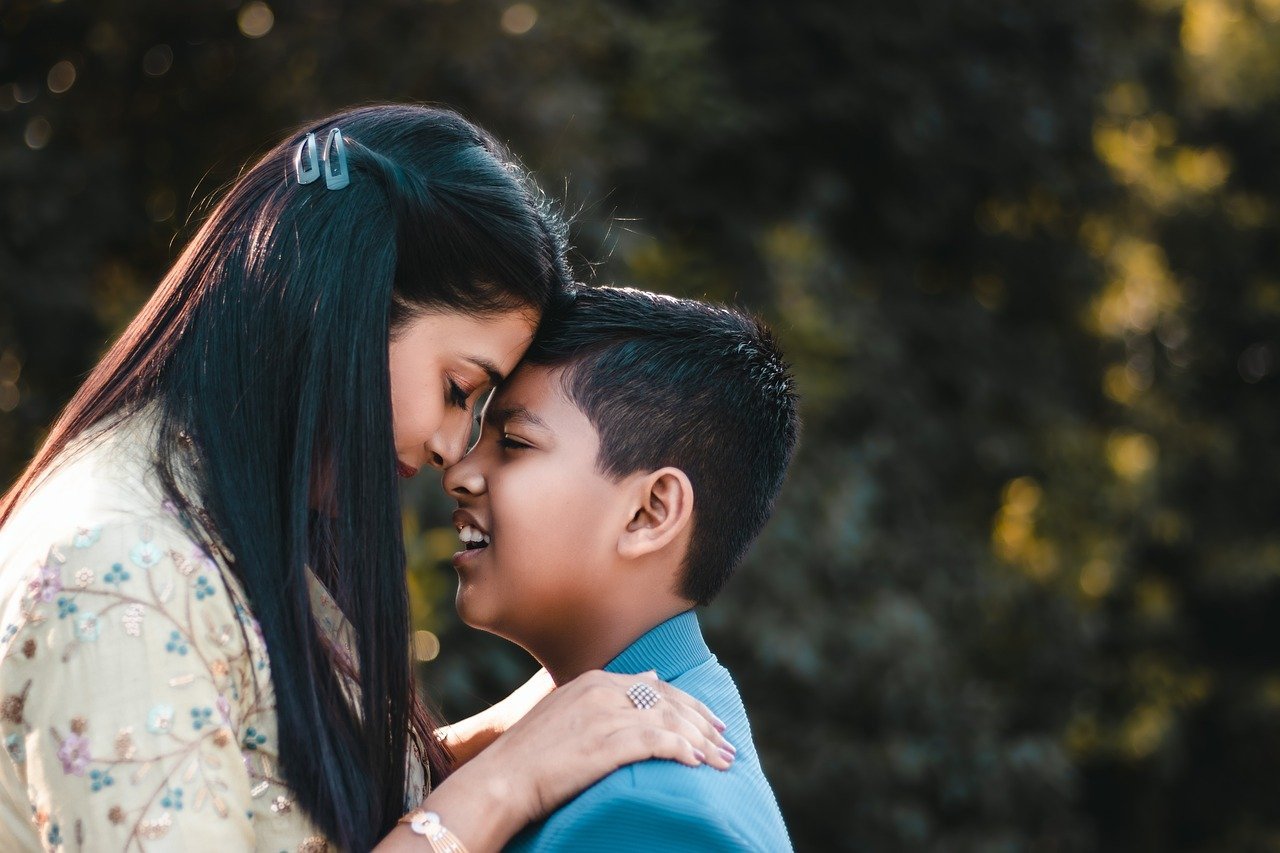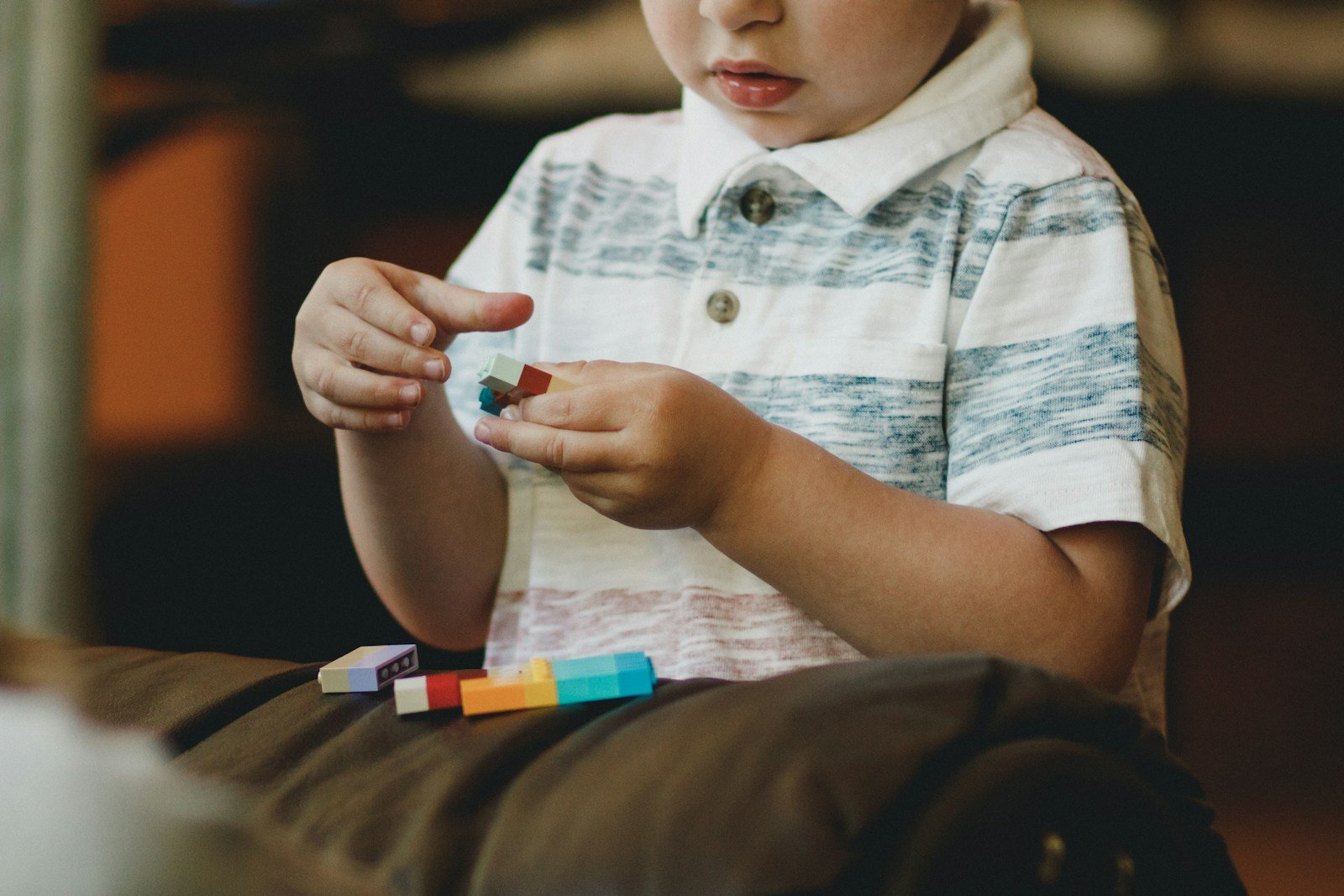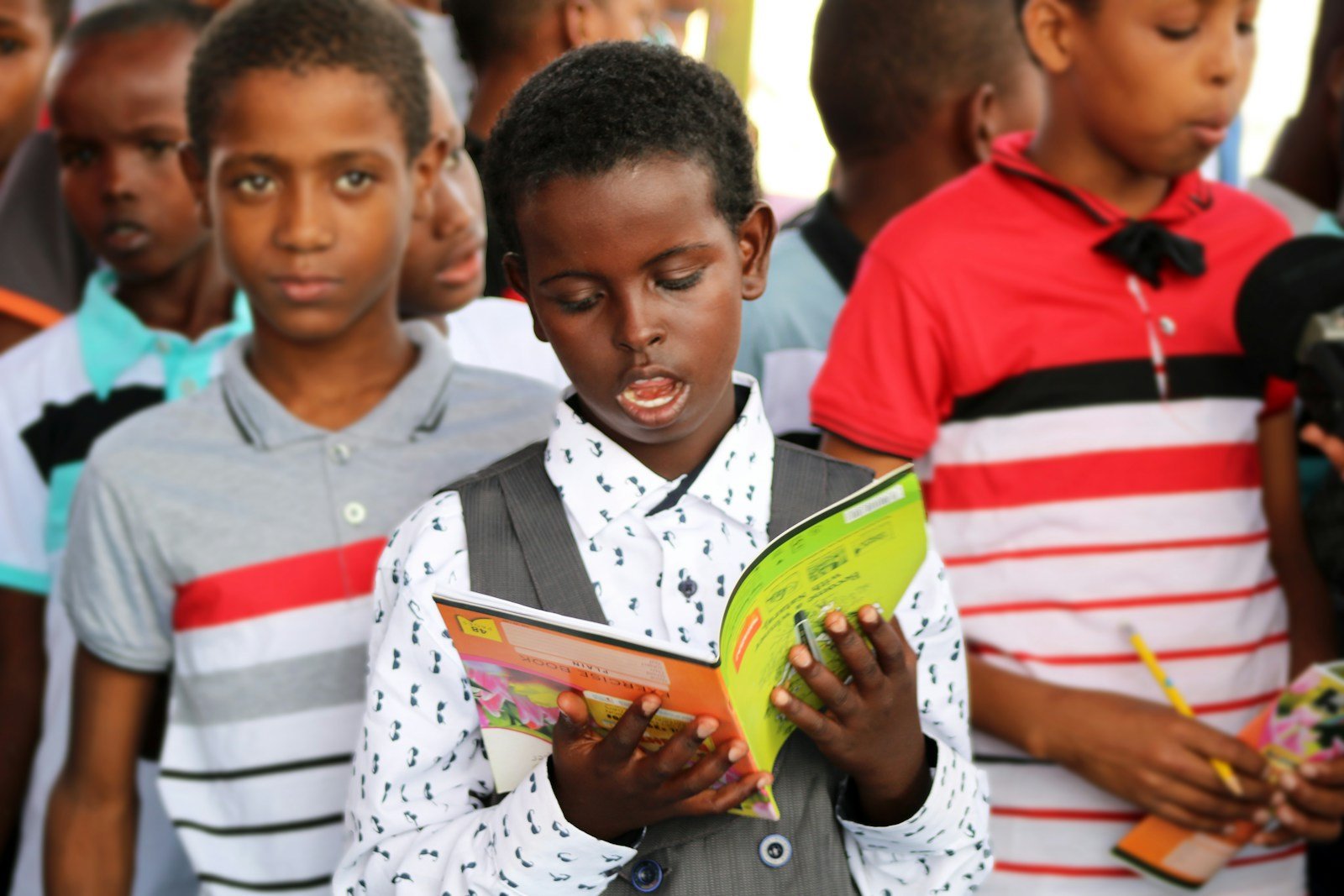Attention-Deficit/Hyperactivity Disorder (ADHD) is a neurodevelopmental disorder that affects both children and adults. Children with ADHD may have trouble paying attention, controlling impulsive behaviors, or be overly active. Understanding ADHD and learning effective coping strategies can significantly improve the quality of life for your child and your family. This guide will provide you with a comprehensive understanding of ADHD and practical coping strategies.
Understanding ADHD
ADHD is one of the most common neurodevelopmental disorders of childhood, often lasting into adulthood. It’s characterized by patterns of inattention, impulsivity, and hyperactivity that interfere with functioning or development.
Children with ADHD may overlook details, have difficulty sustaining attention in tasks, be easily distracted, often fail to finish schoolwork or chores, have difficulty organizing tasks, and often lose things necessary for tasks or activities. They may also fidget, leave their seat when remaining seated is expected, or talk excessively.
It’s important to note that all children will display some of these behaviors at times. However, in children with ADHD, these behaviors are more severe and occur more often.
Diagnosis of ADHD
ADHD is usually diagnosed in childhood, often by the age of seven. Diagnosis involves gathering information from multiple sources, including parents, teachers, and other adults who know the child well.
A comprehensive evaluation by a healthcare provider should include a clinical interview, a medical examination to rule out other possible causes of symptoms, and the use of standardized rating scales to assess the presence and severity of symptoms.
If your child is showing signs of ADHD, it’s important to seek a professional evaluation. Early diagnosis and treatment can make a significant difference in your child’s life.
Treatment of ADHD
Treatment for ADHD typically involves a combination of medication, psychotherapy, and educational interventions, along with parental support and training.
Medication
Medication can be an effective part of treatment for many children with ADHD. Stimulant medications, such as methylphenidate and amphetamines, are commonly used. These medications increase the availability of certain chemicals in the brain that help regulate behavior.
Psychotherapy
Psychotherapy, including cognitive-behavioral therapy and family therapy, can help children with ADHD and their families understand the condition and learn to manage the symptoms. It can also help children develop social skills and cope with difficult situations.
Educational Interventions
Educational interventions can help children with ADHD succeed at school. These may include changes to the classroom setup, teaching techniques, or homework requirements. Schools are required by law to make these accommodations for children with ADHD.
Coping Strategies for Parents
As a parent of a child with ADHD, there are several strategies you can use to help manage your child’s symptoms and promote their development:
Create Structure
Children with ADHD often benefit from a consistent daily schedule. This can help them know what to expect and when to expect it. Try to keep the same routine every day, with the same wake-up, meal, school, homework, and bedtime hours.
Use Clear and Simple Instructions
When giving instructions to your child, make sure they are clear, simple, and direct. Children with ADHD can struggle with multi-step instructions. Break down tasks into manageable steps and give instructions one at a time.
Provide Positive Feedback
Children with ADHD often receive a lot of negative feedback, which can affect their self-esteem. Make an effort to provide positive feedback and praise when your child behaves appropriately or meets expectations.
Encourage Physical Activity
Physical activity can be beneficial for children with ADHD. It can help burn off excessenergy, improve concentration, reduce impulsivity, and promote overall health. Encourage your child to engage in physical activities they enjoy, such as sports, dance, or martial arts.
Promote Good Sleep
Sleep problems are common in children with ADHD and can exacerbate symptoms. Establish a regular sleep routine and create a quiet, calming sleep environment to promote good sleep.
Conclusion
ADHD can be challenging for both children and their parents, but with understanding, treatment, and effective coping strategies, children with ADHD can thrive. Remember, every child is unique, and what works for one child may not work for another. It’s important to be patient, persistent, and positive. With the right support, your child can learn to manage their ADHD and lead a successful and fulfilling life.






